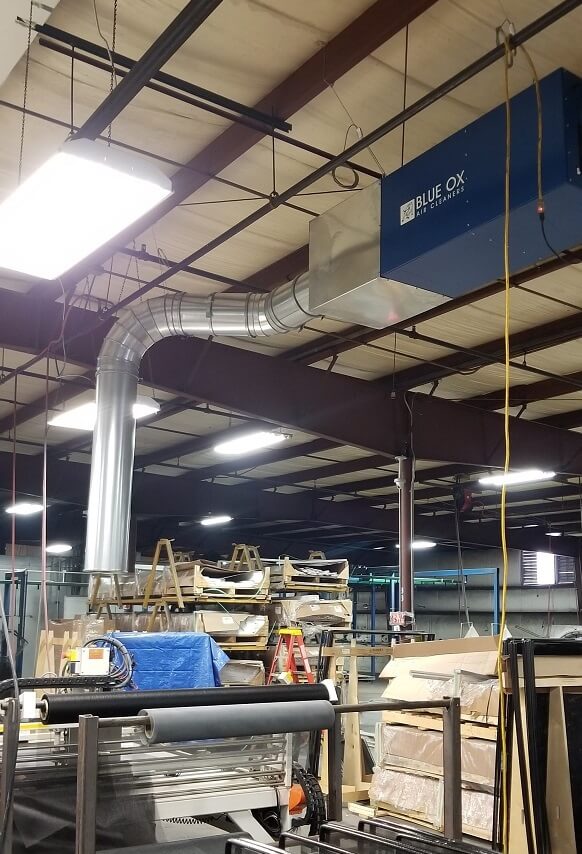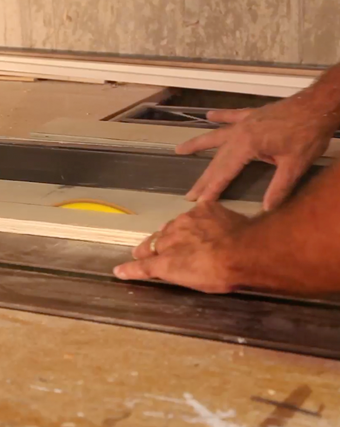
Clear the Air: Effective Woodshop Filtration Solutions
If you work part-time or full-time in a woodworking shop, you know about the issues with wood dust.
During woodworking processes, dust is thrown and easily makes its way into undesignated areas of woodshops — resulting in an unsafe and uncomfortable work environment. Clouds of dust billow in the air, clog up machines, and settle on floors and fixtures.
Sometimes woodworkers use compressed air to clean woodworking equipment, but unfortunately, it stirs up microscopic particles that are dangerous to breathe.
Woodshop air filtration systems help keep carpenters, cabinet and furniture makers, DIYers, sawing machine setters, and other woodworkers protected from the risks associated with wood dust, chips, and other harmful debris.
The Importance of Woodshop Air Filtration
Woodshop air filtration is beneficial in all woodworking shops, regardless of size or specialty.
Operations performed on wood can create dust in two ways: by shattering wood cells and by chipping out whole cells.
Shattering, which occurs almost exclusively during sanding, results in a finer particle size and higher dust concentration than from sawing and milling operations.
In any case, it's important to have air filtration and/or other dust collection systems in place and to use personal protection equipment like masks and goggles or safety glasses.
Wood dust may consist of complex biological and chemical material, chemical substances in wood can include both natural substances (e.g., tannins or aldehydes) and other chemicals added during wood processing.
Tannin concentrations are higher in hardwoods than softwoods, which is why there are numerous regulations that limit exposure to wood dust in shops ranging from small to large.
OSHA has set the legally permissible limit for soft wood dust exposure in the workplace as 5 mg/m3 respiratory exposure during an 8-hour workday.
The National Institute for Occupational Safety and Health advised a lower exposure limit of 1 mg/m3 over an 8-hour workday.
The most harmful particles are not visible to the naked eye, less than a tenth of the diameter of a human hair.
Air filtration systems come equipped with a large centrifugal-type fan, or blower, that works by drawing contaminated air into the air cleaner and through specialized filter media to capture wood dust, debris, and more.
Blue Ox woodshop air filtration systems filter the air, and provide a clean, well-circulated airstream by exchanging the air in a woodshop 8x per hour.
Woodshop air filtration systems are most effective when used in a team.
Installing the right amount of air filtration systems in a pattern, creates circular airflow to clean the same air multiple times.
The amount of air exchanges required in your shop will change based on application demands.
When properly controlled, woodshop dust and other airborne contaminants are captured before reaching respiratory zones to restrict overexposure and prevent serious health effects such as respiratory problems, skin and eye irritation, heightened wood dust and sawdust reactions, irreversible lung injuries, and cancer.
Woodshop air filtration systems are designed in various system configurations and styles to meet the demands of the shop and wood processing applications.
To learn more how Blue Ox air filtration systems work in woodshops, check out the Olde Dog Woodworking case study. For additional assistance, get in touch with our specialists.


Copyright © 2026 | Blue Ox Air Cleaners. A division of Air Cleaning Specialists, Inc.
